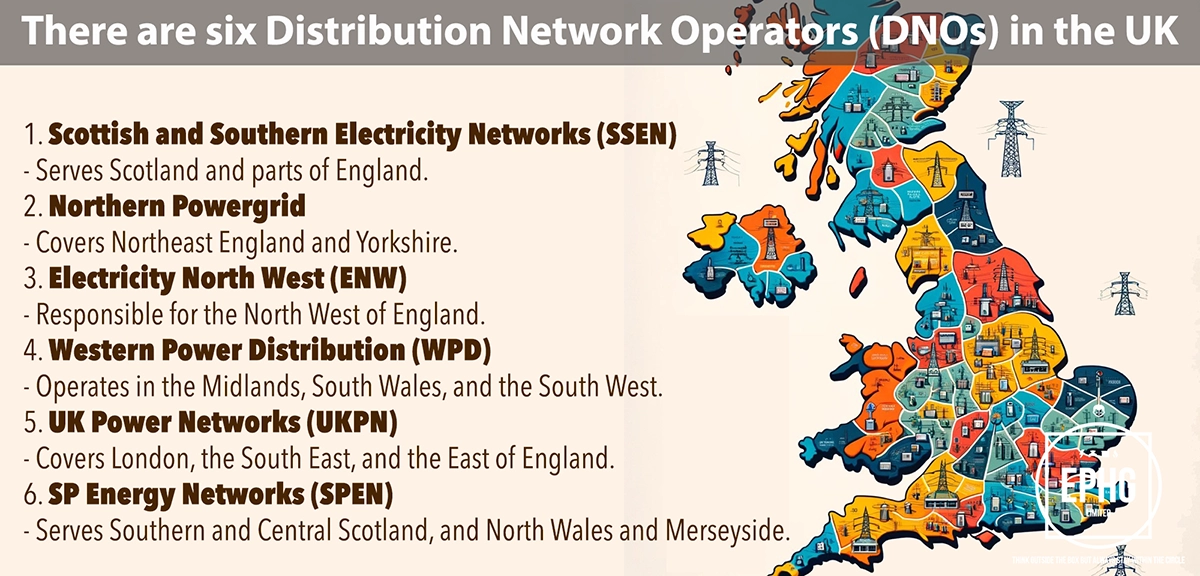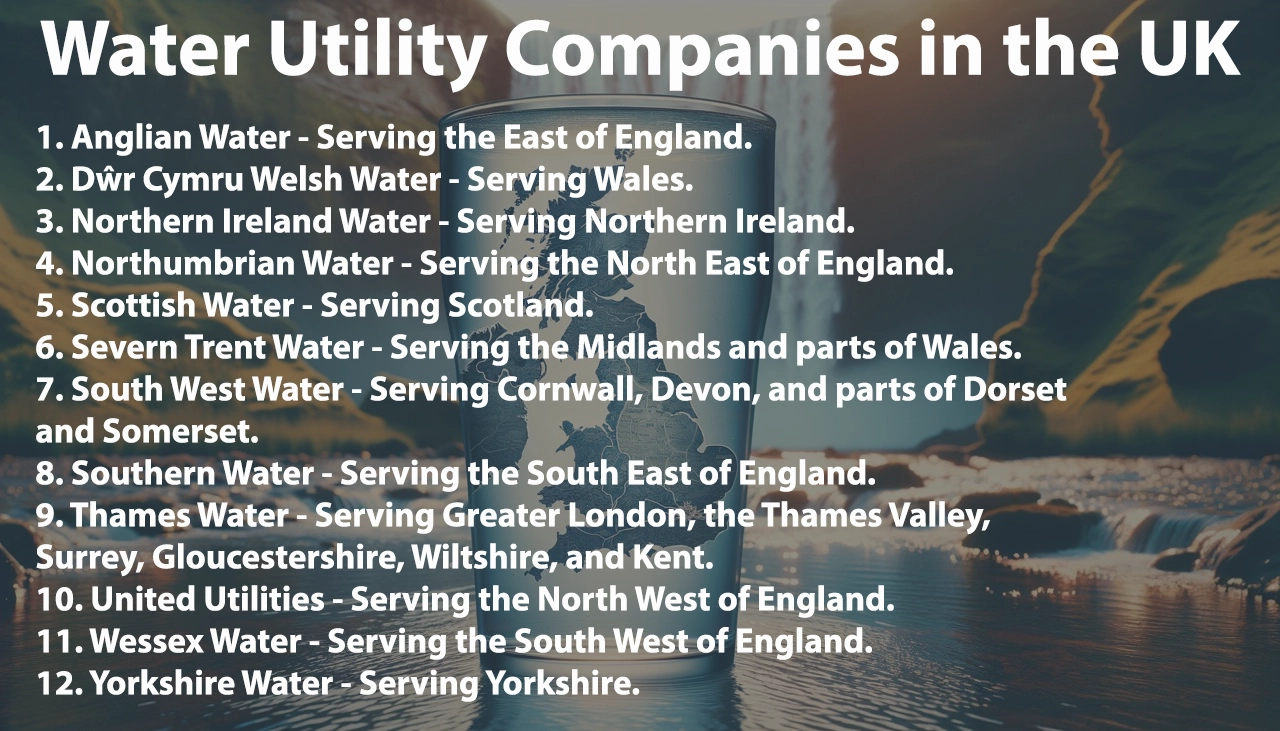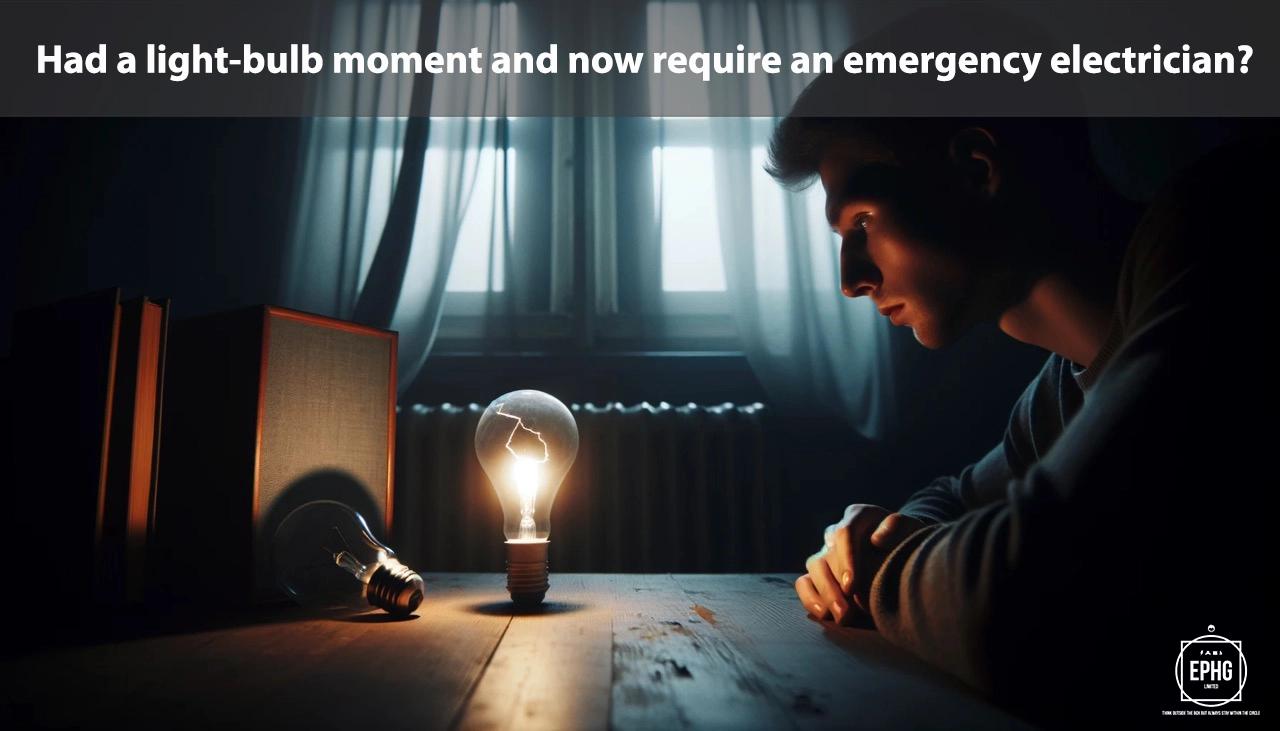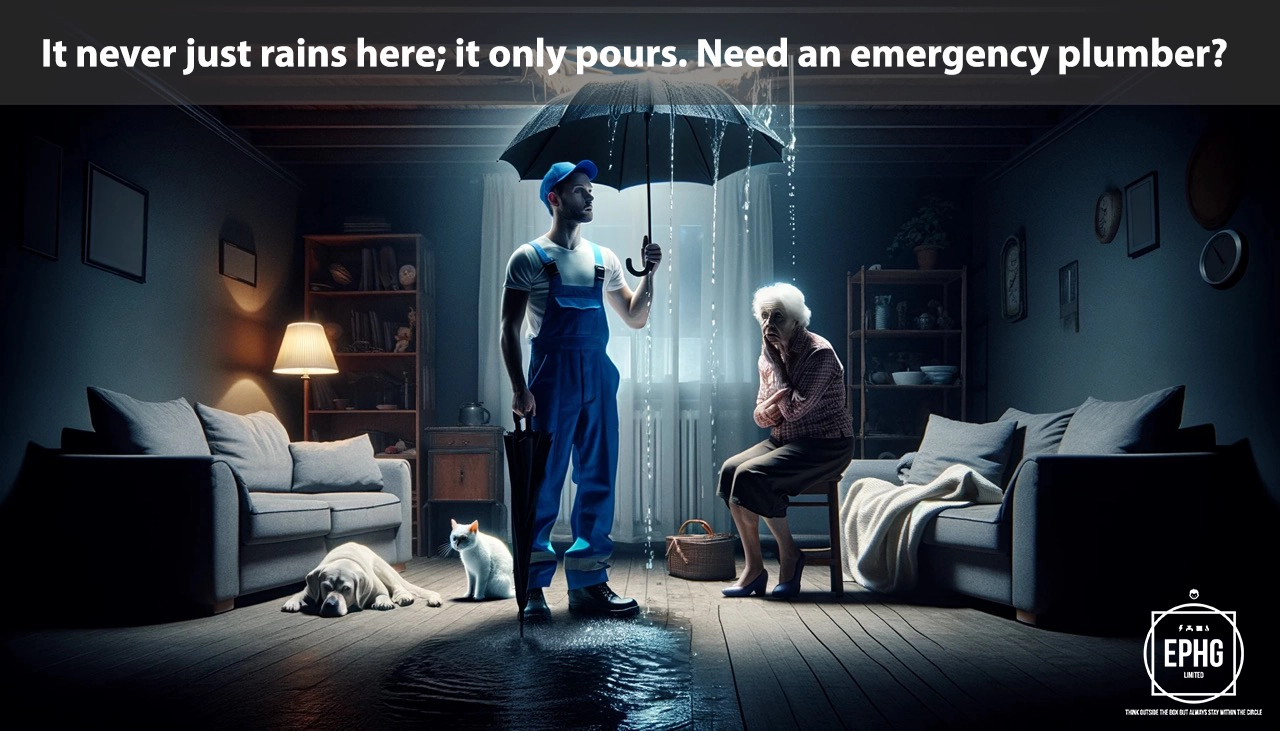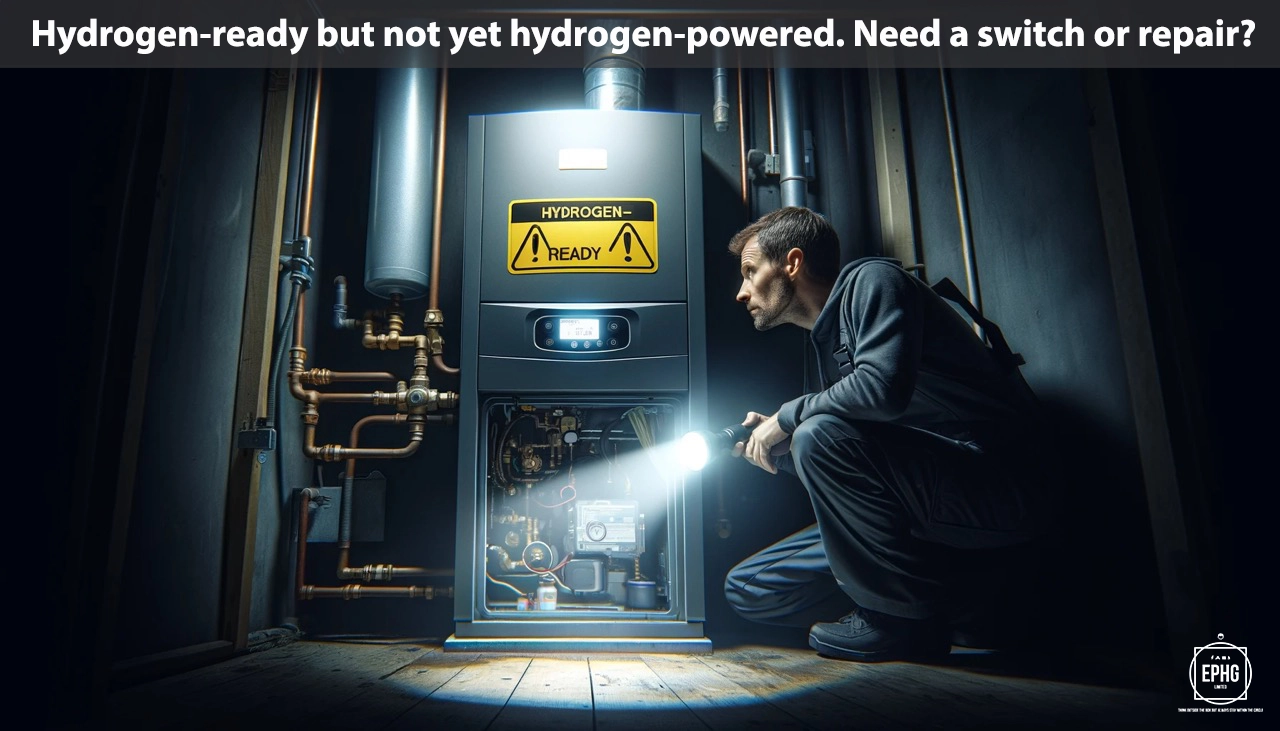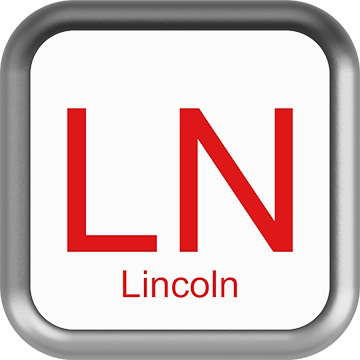
LN Postcodes for Utilities & Services in Lincoln and Lincolnshire
Introduction: The LN postcode area, encompassing the historic city of Lincoln and surrounding areas of Lincolnshire, offers a mix of urban and rural settings. This section provides insights into water and electricity supply in the region, alongside other relevant information for residents and visitors.
Water in Lincoln and Lincolnshire
Where does the water supply come from in the LN postcode area, and is there ever a shortage of water?
In the LN postcode area, water supply largely comes from the River Witham and its associated groundwater sources. Anglian Water is the primary provider, ensuring the water meets rigorous safety standards. Lincolnshire's landscape, predominantly agricultural, means water management is crucial. Despite generally sufficient rainfall, the area can experience dry periods, particularly in summer. In response, Anglian Water and local authorities implement water conservation measures and encourage efficient usage among residents to maintain a stable supply throughout Lincoln and the wider Lincolnshire area.
What is the hardness & quality of the water in the LN postcode area, and can this affect your health?
The water in the LN postcode, particularly around Lincoln, is classified as hard due to the limestone geology of the region. Hard water contains higher levels of calcium and magnesium, leading to scale buildup in appliances. However, it's safe for consumption and meets all health and safety standards set by regulatory bodies. Residents may prefer to use water softeners to manage hardness levels. While hard water is not generally harmful to health, individuals with specific medical conditions should consult healthcare providers. Anglian Water provides detailed reports on water quality and offers advice for managing hard water in homes.
Electricity in Lincoln and Lincolnshire
Where does the electric supply come from in the LN postcode area, and what is the future of energy there?
The electricity supply in the LN postcode area, spanning from Lincoln to the wider Lincolnshire region, predominantly comes from the national grid, with an increasing shift towards renewable sources such as wind and solar power. The area is home to several wind farms, reflecting a significant move towards sustainability. Lincolnshire’s flat landscape and coastal proximity make it an ideal location for wind energy generation, contributing to the region's renewable energy targets. Additionally, there are ongoing initiatives aimed at increasing solar energy production and exploring other renewable options like biomass. The future of energy in the LN postcode area is geared towards reducing reliance on fossil fuels, increasing energy efficiency, and investing in renewable technologies to ensure a sustainable and secure energy supply.
When is hydrogen coming to gas boilers in Lincoln and Lincolnshire?
Lincoln and the wider LN area are aligning with national energy strategies to incorporate hydrogen as an alternative to natural gas for heating systems. Although a specific timeline for Lincolnshire has not been set, the region is expected to follow the national framework for hydrogen adoption, which includes pilot projects and infrastructure assessments. Residents are encouraged to remain informed about the developments in hydrogen technology and the potential for future integration into residential and commercial heating systems as the region moves towards greener energy solutions.
Where Does the Wastewater Go in Lincoln and Lincolnshire
In the LN postcode area, wastewater management is a crucial service ensuring environmental protection and public health. Wastewater from residential, commercial, and industrial properties is treated at various facilities across Lincoln and Lincolnshire, including the Lincoln Wastewater Treatment Works. These facilities employ advanced treatment processes to remove pollutants before the cleaned water is returned to local rivers, such as the River Witham, ensuring the conservation of Lincolnshire’s waterways and adherence to environmental regulations. This systematic approach to wastewater treatment demonstrates the area's commitment to environmental sustainability and public health standards.
Regions and Services:
The LN postcode area spans a diverse landscape from the historic city of Lincoln to the picturesque countryside of Lincolnshire. Key regions include:
- Lincoln City: Serving as the central hub of development, Lincoln boasts advanced electrical and gas infrastructures along with a growing emphasis on renewable energy resources.
- Louth, Horncastle, and Market Rasen: Market towns that blend traditional services with modern utilities, reflecting their rich cultural heritage alongside contemporary growth.
- Gainsborough, Skegness, and Boston: These areas combine historical significance with the demands of modern living, showing progress in utility services and infrastructure, adapting to the needs of both residents and visitors.
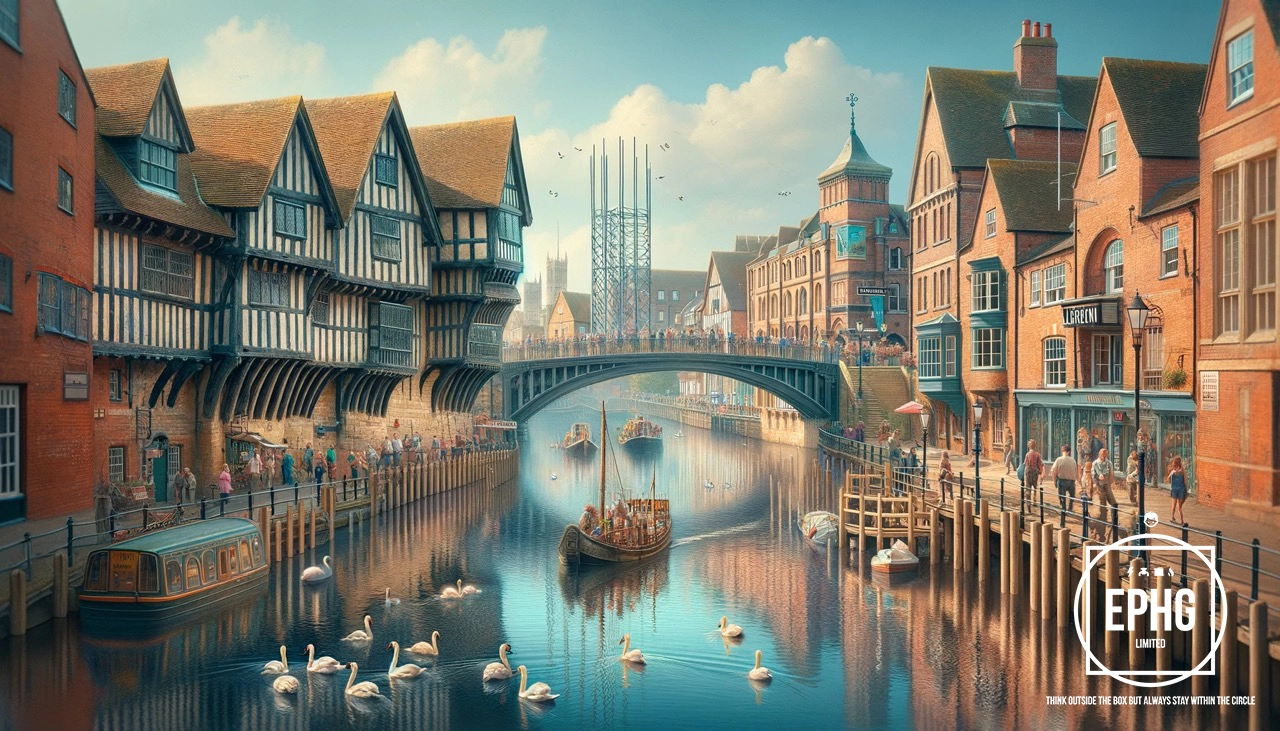
Regions within the LN Postcode
Lincoln City
- LN1: Central Lincoln, including the historic Cathedral Quarter and Brayford Waterfront.
- LN2: North of Lincoln, encompassing areas like Ermine, St Giles, and parts of uphill Lincoln near the castle.
- LN5: South Lincoln, including the High Street area, Bracebridge, and Waddington.
- LN6: Southwest Lincoln, including Birchwood, Hartsholme, and North Hykeham.
Surrounding Towns and Villages
- LN3: Outskirts of Lincoln, Bardney, and Cherry Willingham.
- LN4: Branston, Billinghay, Coningsby, and other villages east of Lincoln.
- LN7: Market Rasen, a small market town known for its racecourse.
- LN8: Market Rasen and surrounding villages like Middle Rasen and Wragby.
- LN9: Horncastle, known for its antique shops and close proximity to the Lincolnshire Wolds.
- LN10: Woodhall Spa, a picturesque village known for its Edwardian character and historic spa.
- LN11: Louth, often referred to as the 'Capital of the Lincolnshire Wolds', a market town with a rich history.
- LN12: Mablethorpe, Sutton-on-Sea, and Trusthorpe on the Lincolnshire coast.
- LN13: Alford, a market town with a notable craft market and windmill.
